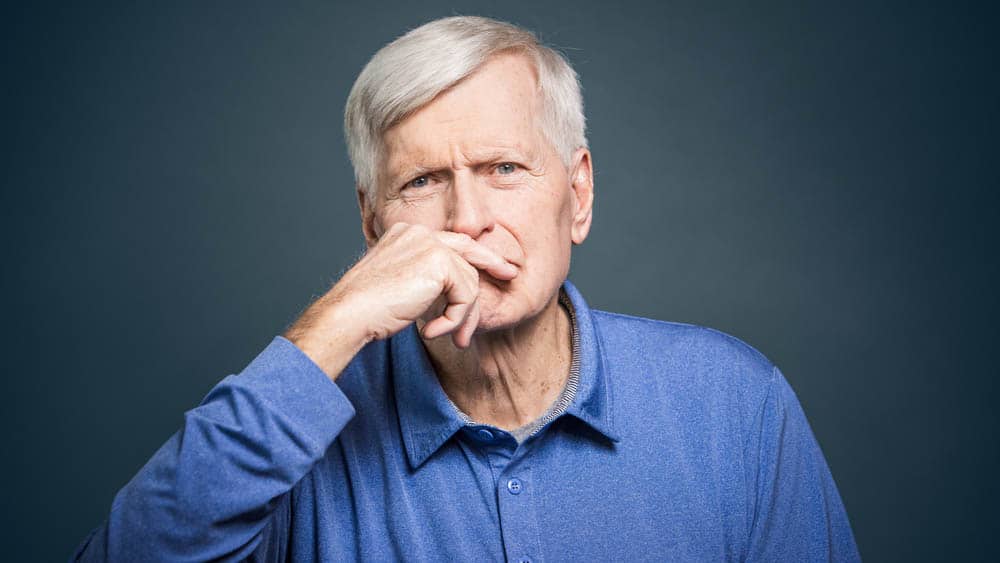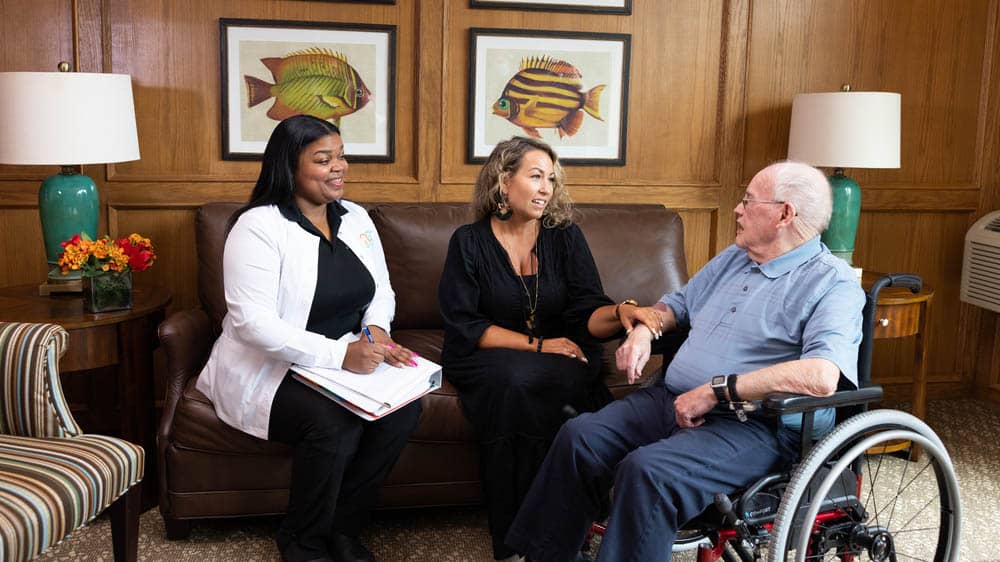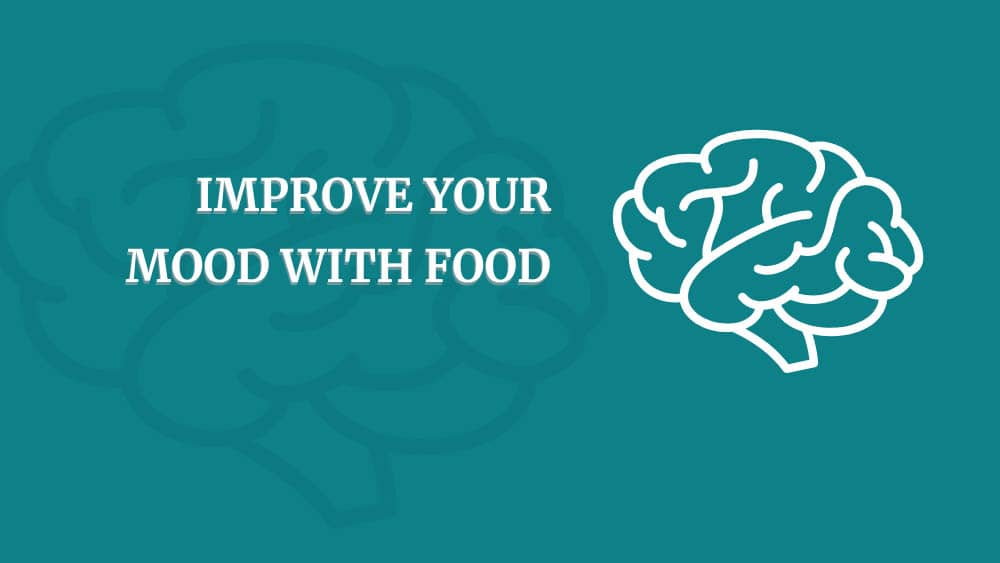

How to Lose Weight as You Age
Have you been struggling to lose weight? Or, have you noticed that your diet hasn’t changed but you seem to be putting on weight? You’re not alone.
According to data collected between 2007 and 2010 by the Centers for Disease Control and Prevention, “one-third of older adults aged 65 and over were obese” and that number is expected to increase in the next decades. Carrying extra weight around can affect more than your clothing size; obesity can also affect your health. Obesity increases your risk of chronic health problems, from heart disease, to diabetes, to certain types of cancer.
Why You Might Gain Weight With Age
Loss of Muscle Mass
Losing muscle is a natural part of the aging process and occurs in tandem with the loss of testosterone. Muscle might weigh more than fat, but it also burns three times the amount of calories as fat. And physically inactive people can develop age-related sarcopenia, or muscle loss, at a higher rate than those who lead an active lifestyle. In fact, WebMD estimates that those with sarcopenia “can lose as much as 3% to 5% of their muscle mass each decade after age 30.”
Metabolism Changes
Your metabolism is the internal process that helps convert calories to energy. Your metabolism tends to slow down after you hit age 40, which is due, in part, to the loss of muscle mass as you age. Muscle is more metabolically active than fat, so when you lose muscle, it takes your body longer to burn calories.
Menopause
The hormonal shift that women experience after menopause can take a toll on your weight. According to the Metabolic Effect, both estrogen and progesterone, which are the main hormones affected by menopause, play a role in regulating both your cortisol levels and your insulin levels. When estrogen and progesterone levels dip, cortisol and insulin can “push the female physiology towards storing fat when calories are high (as opposed to building muscle), and reduce the amount of fat burned when calories are low (burning muscle instead).”
How You Can Combat Weight Gain as You Grow Older
Get a Good Night’s Sleep
Sleep can play a major role in your weight loss journey, and if you are not getting enough of it, it will derail your efforts. Sleep deprivation, says the Mayo Clinic, affects the production of two hunger-regulating hormones, ghrelin and leptin. Ghrelin is known as the “hunger hormone,” and leptin is known as the “satiety hormone.”
Cut 100 Calories Out of Your Diet
While your metabolic rate will naturally decrease with age, that doesn’t mean you have to make drastic changes to your daily diet. Experts suggest that simply eliminating 100 calories per day can help you keep the pounds off in the long term. In fact, 100 calories per day every day for a year amounts to roughly 10 pounds off the scale.
Start Weight Training
Adding weights to your regular workout routine is an excellent way to help combat the muscle loss that occurs with age. Many people can be intimidated by weight training, especially if they have never incorporated it into a workout, but exercises in which you use your own weight, such as push-ups or yoga, can also be effective methods of putting muscle back on.
Eat More Protein
Protein is an essential component to the science behind building muscle mass. And according to the Academy of Nutrition and Dietetics, you need less protein to keep muscle than to build it. They recommend including “3 servings of low-fat or fat-free dairy plus 3 servings of protein foods (such as lean meat, poultry, fish or beans)” to your daily diet in order to ensure that you can maintain your muscle.
A Little Change Can Go a Long Way
While most people assume that they have to make large, sweeping changes to their diets in order to improve their health, that’s not necessarily the case. Many of the recommendations detailed above are small changes that you can make to your daily routine to help you successfully lose weight as you grow older and reduce your risk of chronic health problems down the road.







